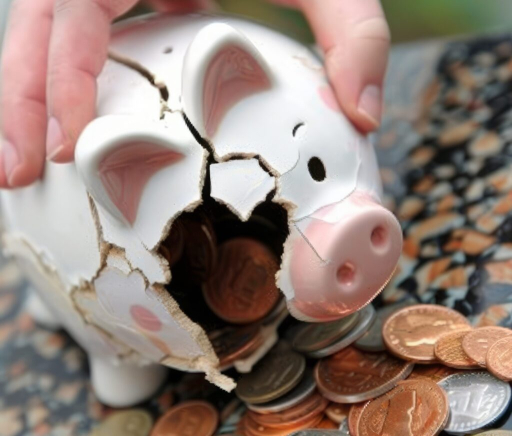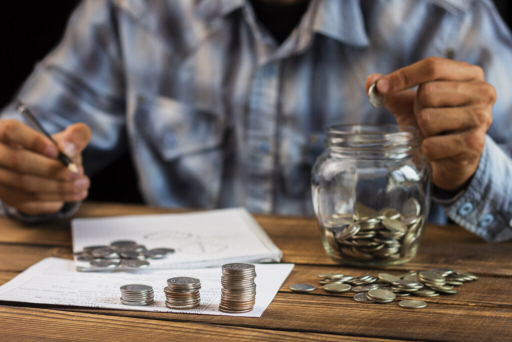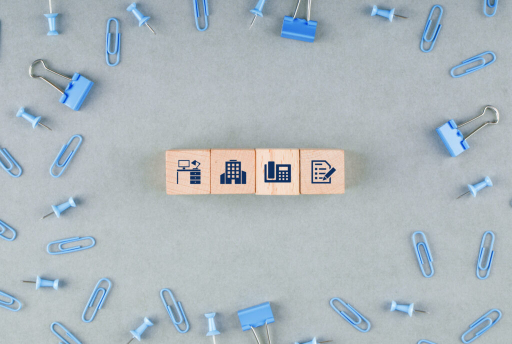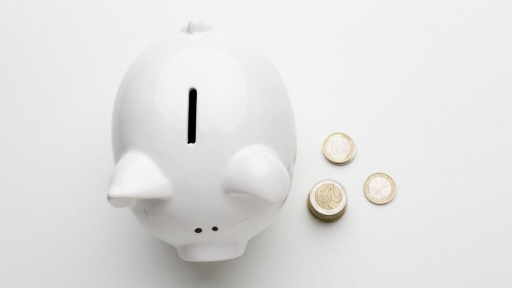
Blog: finance and real estate made simple
Articles and insights to help you navigate and grow
How Not to Spend Too Much?
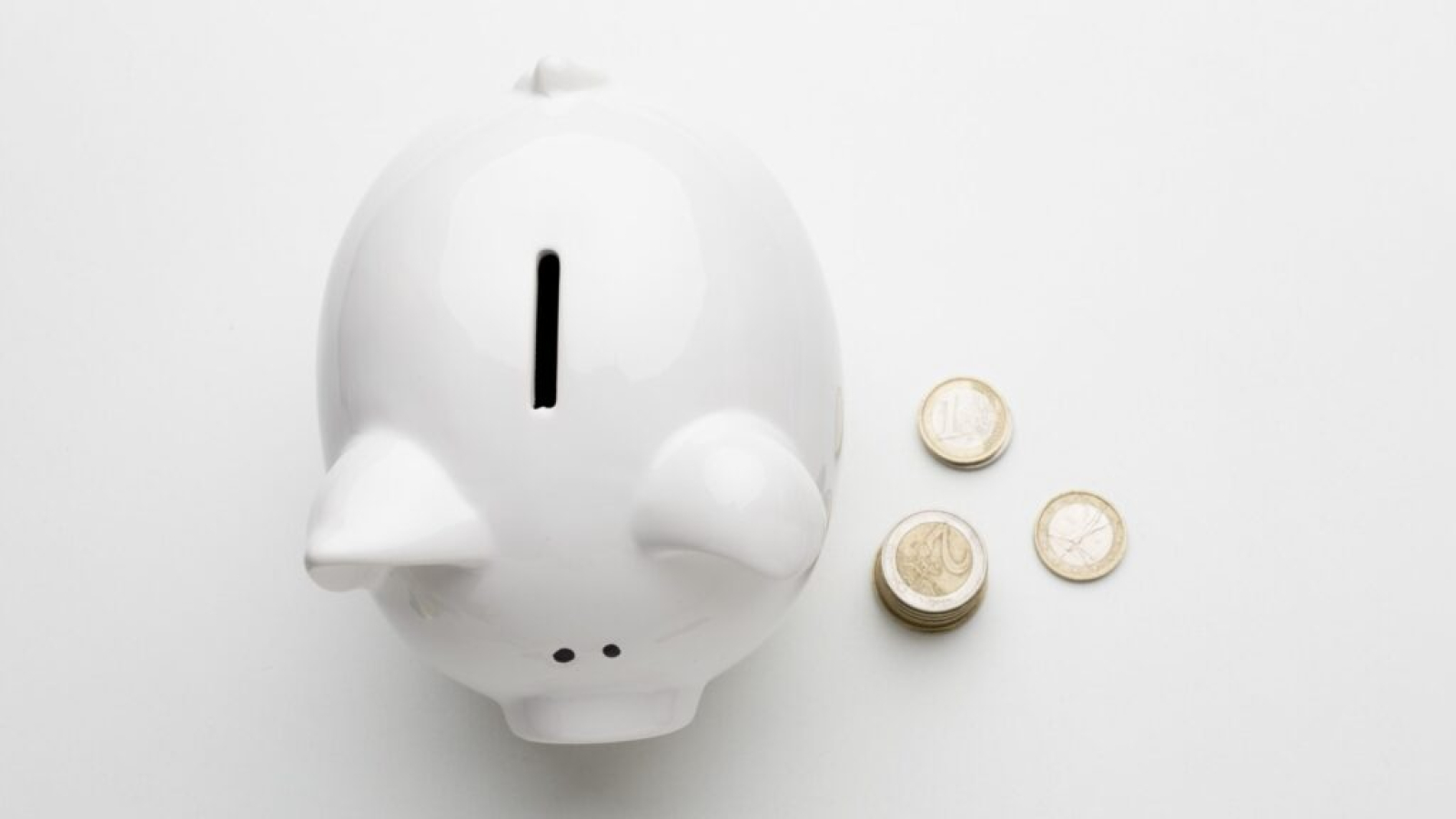
Or: The Costs of Opportunity Lost
How can we best realize the value of money, which for many people results in lower spending? Do you really know what €80 (2,000 Kč) actually represents? In your wallet, it’s just one banknote, enough to barely fill a tank of gas—or, alternatively, to buy a thousand rolls on sale. It’s important to connect a banknote to a specific product so that you can better assess the real value of money.
Opportunity costs are the money we use for one big purchase instead of another—buying a large amount of groceries instead of new shoes, or a computer instead of the latest iPhone. It’s about realizing what is more important to us. We sacrifice one thing for another that we need more.
So how can we manage our money wisely and avoid overspending?
-
Set clear financial goals and stick to them! If you have a plan, you also know how much you can spend each month. You don’t need to stay at home all the time or deny yourself small pleasures, but set a budget for them and don’t exceed it. Track your monthly income and expenses carefully and check whether you are sticking to your plan.
-
Before each purchase, ask yourself whether you really need the item and whether it’s worth the money. Wouldn’t it be better to buy a cheaper perfume that also smells great, and use the rest of the money to buy your son skates and teach him to use them? Or invest the saved money instead?
-
If you hesitate while shopping, don’t buy the product. Purchases beyond your set limits should come from the conviction that it’s truly a quality and necessary item. There’s no point in buying a coat shorter than you imagined because you won’t wear it anyway. The same applies to men. Why get a new phone model when the one you have works fine, even if it’s no longer the latest?
-
Another tip, which some parents don’t like to hear, is to save money on your children’s whims. Every parent wants the best for their children, but constantly buying everything a child desires only harms them and unnecessarily drains your account!
-
Finally, a tip that has opened many people’s eyes: Studies show that money in a bank account often feels like just numbers on a computer or phone screen. When you pay with a card, it disappears invisibly, unlike physical cash in your wallet, which gives a clearer sense of spending. Therefore, it’s easier to spend more with a card. We recommend transferring money you don’t want to spend to a savings or another account without a card.
-
Discounts and sales are big enemies of careful spending. Many of us are tempted to buy products or services we don’t actually need. Moreover, some “discounts” aren’t really discounts at all. Before making a purchase, check the average price. Understand that it’s a marketing game between the retailer and the consumer. This way, you can avoid being misled and wasting money unnecessarily!
Note: All amounts originally in Czech crowns (Kč) have been converted to euros using a fixed exchange rate of 25 Kč = 1 EUR.
Stone & belter blog
Similar articles
Category






